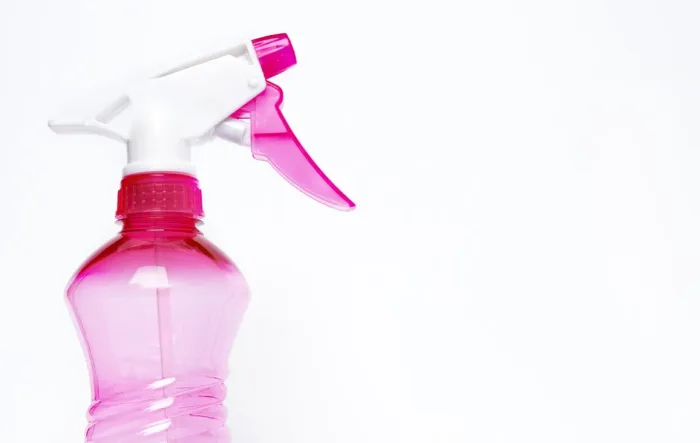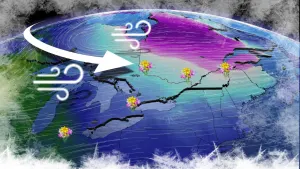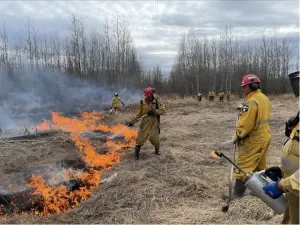
Q&A: How fluctuating temperatures impact cleaning products
Question: Can you leave cleaners such as laundry detergent, bleach, or liquid dishwashing soap at the cottage for the winter? Can cleaning products freeze, then thaw and still work? —Tidy Heidi
“That very much depends on the cleanser,” says Laurel Schafer, a professor in the chemistry department at the University of British Columbia. If your cleaners freeze and thaw a few times throughout the winter—and in an unheated cottage, they probably will — “their formulations can be compromised,” Schafer explains. “If one summer you buy something that’s a thick gel, by next summer, it may be a runny liquid.” You can often recombine liquid dish or laundry soaps that separate with a good shaking, but other products, such as powders, are much harder—sometimes even impossible—to rehab. “Dry powder soaps absorb water from the atmosphere,” explains Schafer. “They get chunky.”
How old are these cleaners, and how long will they sit unused? Time, especially combined with the cold, can reduce a product’s effectiveness. (Cleaners age, just like everything else.) According to Clorox, bleach has a shelf life of only one year. Over time, the active ingredient, sodium hypochlorite, breaks down naturally into salt and water—extreme temperatures can speed up the process.
If you’re going to keep cleaners at the cabin all winter, store them in a cupboard with an open box of baking soda to help absorb moisture. Still, says Schafer, “If you expect the same performance the following year, you may be kidding yourself.”
WATCH BELOW: HOW TO REALLY CLEAN SALT STAINS OFF BOOTS, MATS AND CLOTHES (SIMPLE METHOD)
This article was originally published in the Winter 2015 issue of Cottage Life magazine. Thumbnail image courtesy of Pixabay.









